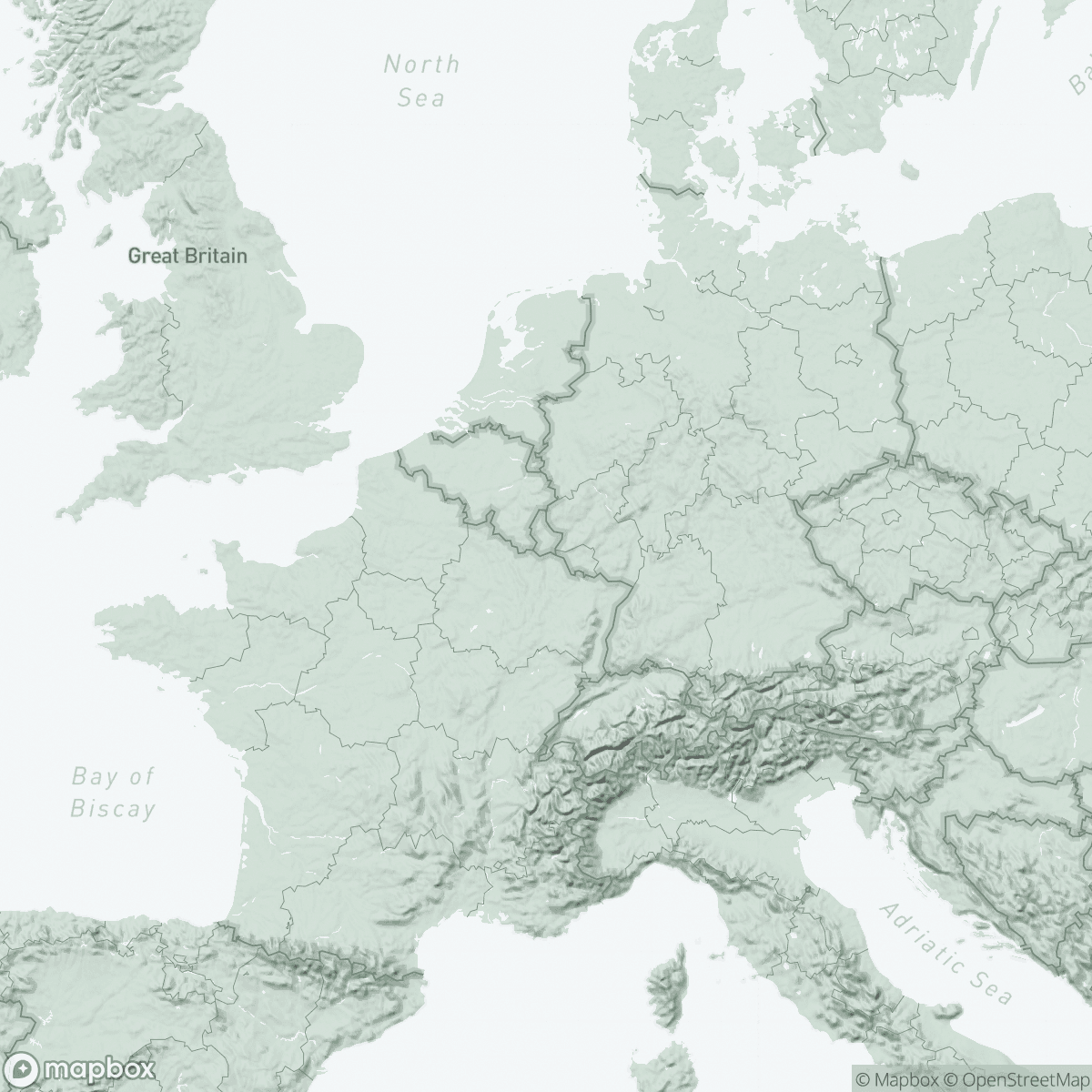
Overshoot Day in Luxembourg: Greenpeace and MSF raise their voices
In 1 click, help us spread this information :
As Luxembourg becomes the first European country to reach its Earth Overshoot Day this Monday, Greenpeace Luxembourg and Médecins Sans Frontières Luxembourg (MSF) are joining forces to remind everyone that this environmental crisis is not only a threat to biodiversity and the balance of ecosystems, but also represents a direct danger to health, both in the most vulnerable countries and in our societies.
Overshoot Day is the date on which a country has consumed all the natural resources that the planet is capable of producing in one year.
Luxembourg is the first European country to exceed its limits and the second in the world, just behind Qatar.
Transport, excessive meat consumption and energy consumption contribute to making Luxembourg's ecological footprint one of the highest on the planet.
If all of humanity consumed as we do in Luxembourg, we would need more than seven planets to meet our needs," laments Xavier Turquin, director of Greenpeace Luxembourg.
"While 2024 was the first year we officially exceeded 1.5°C of global warming, we see everywhere that measures to combat climate change are losing ground."
Yet, as Thomas Kauffmann, director of MSF Luxembourg, points out, the climate crisis is also a health crisis:
Crops decimated by drought or torrential rains cause famines, and global warming brings new diseases or a wider spread of existing ones, such as respiratory illnesses and malaria; similarly, there is a proven link between pollution and cancer."
Consequences that could impact Luxembourg, which is already experiencing an increase in extreme weather events and a decline in biodiversity.
Through this new collaboration - the two NGOs have already joined forces in the past, notably in Greece in 2015 - Greenpeace and MSF intend to illustrate the urgency of coming together: "the stakes are such that we can no longer act individually", believe the two directors.
To illustrate this common vision, each association will share on its social networks visuals composed of images from Greenpeace and MSF, in a diptych, to show both the causes and the consequences of the climate crisis on human health:
“Because we cannot be healthy on a sick planet, fighting the climate crisis also means saving those who are already dying from it.”
In a spirit of reciprocity, each of the associations will also call for support for the other – which is a first in Luxembourg – through their joint page.
Beyond mobilizing the greatest number of people around issues as vital as the environment and health, the two organizations are calling on national and international authorities to take more ambitious measures that are commensurate with the challenges, to respect their current and future commitments to reduce greenhouse gas emissions and to guarantee equitable access to health care, particularly for populations most exposed to climate risks. If disasters worsen, actions must follow.





